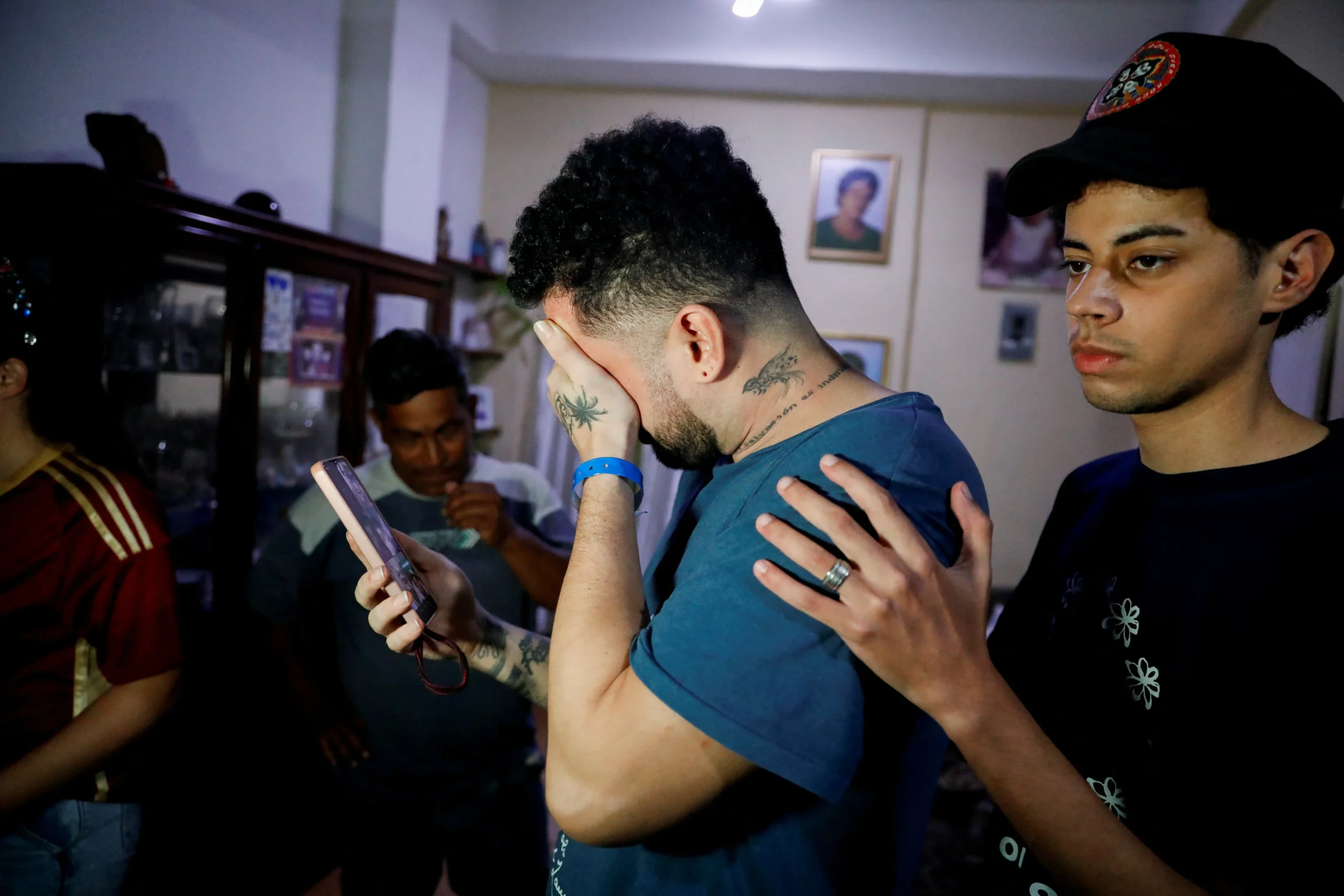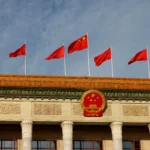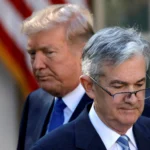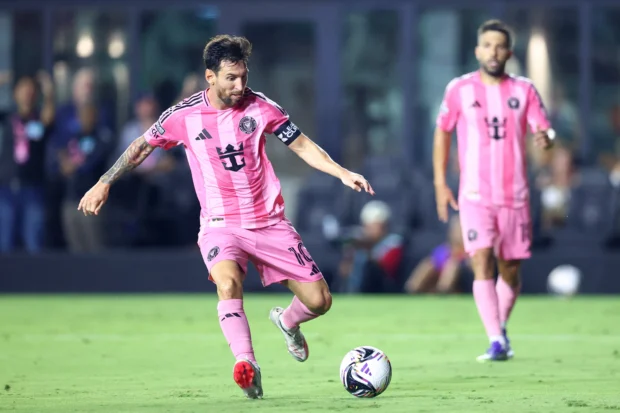
Venezuela has initiated an investigation into El Salvador’s President Nayib Bukele and his senior officials regarding alleged torture of 252 migrants detained in El Salvador after deportation from the United States.
Venezuelan Attorney General Tarek William Saab announced the investigation Monday in Caracas, presenting photos and testimonies from the men who reported being beaten, sexually abused and fed rotten food in an El Salvador prison. Some were denied medical care or treated without anesthesia, according to Saab, who urged the International Criminal Court and UN Human Rights Council to take action.
The Venezuelans were deported to El Salvador from the US in March after President Donald Trump used the 1798 Alien Enemies Act to deport alleged Tren de Aragua gang members without due process. The deportations sparked criticism from human rights groups and legal challenges against the Trump administration. Family members and lawyers of many detainees deny gang affiliations.
The former detainees arrived near Caracas Friday following their release as part of an exchange for 10 US citizens and political prisoners held in Venezuela. Saab reported that prosecutors were interviewing the returned migrants, some of whom have reunited with families but not yet returned home.
Several showed physical evidence of mistreatment, including bruises, rubber bullet marks, and a split lip. Andry Hernandez Romero, a 32-year-old beautician, described the experience in a video presented by Saab: “We were going through torture, physical aggressions, psychological aggressions. I was sexually abused.”
Other detainees reported being held in “inhuman cells” without sunlight or ventilation, receiving rotten food and unsafe drinking water. They lacked access to lawyers or relatives, last seen publicly in government photos showing them arriving at prison shackled with shaved heads.
Venezuela’s investigation will also examine Justice Minister Gustavo Villatoro and Head of Prisons Osiris Luna Meza, Saab announced.
Bukele’s office did not immediately respond to media requests for comment. Late Monday, Bukele addressed the prisoner exchange on social media without commenting on abuse allegations. “The Maduro regime was satisfied with the swap deal; that’s why they accepted it,” he posted on X. “Now they scream their outrage, not because they disagree with the deal but because they just realised they ran out of hostages from the most powerful country in the world.”
President Nicolas Maduro claimed Monday on his TV show that Bukele attempted last-minute interference to prevent the migrants’ departure. “You could not stop the first plane, but for the second plane he put some car on the runway… to provoke either an accident or prevent them from leaving,” Maduro stated.
Venezuelan opposition leader Maria Corina Machado characterized the process as an “exchange of prisoners of war” during a television interview Monday.
Venezuela itself faces ICC investigation in The Hague over similar allegations of prisoner torture and denial of legal representation for political prisoners.












Be the first to leave a comment